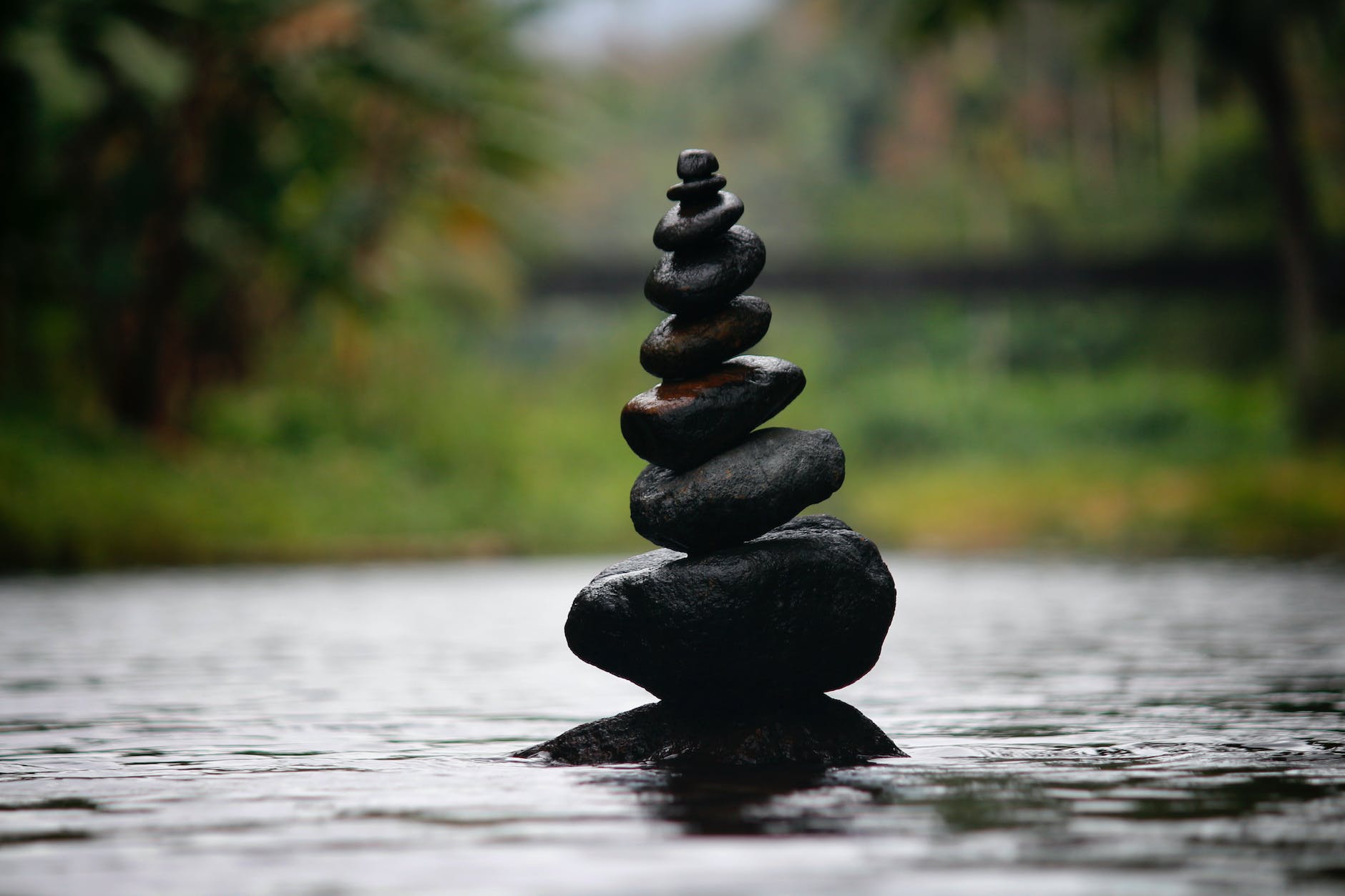What if you were the first person you turned to for support, finding solace within yourself before seeking it elsewhere?
Maintaining your peace in calm seas is easy. The real mastery lies in regaining your calm and focusing on your practice when external noise disrupts your peace.
At every step, you’ve been advised to “sit with your feelings.” That’s all great and beautiful, but when the big wave crashes over you, are you really? Have you found it challenging to truly stay with discomfort? Have you caught yourself, during your meditation practice, cooking, working or writing being disturbed by external noise and placing the blame on external factors? Is returning to yourself a daunting task, and are you heavily influenced by the external environment?
Enduring discomfort and/or staying with uncomfortable feelings is an essential skill – one which requires cultivation after a lifetime of training to not feel, run away from suffering, or place blame.
Often, we turn to others; yearning for comforting arms akin to a mother’s embrace, expecting them to ‘resolve’ our anxiety – be it a mother, a friend, a therapist or some chocolate.
While staying present with uncomfortable feelings is indeed possible, it’s not as effortless as some might lead you to believe. It involves rebuilding “internal authority” and awakening the Adult – the part of oneself that copes and knows how to offer support.
A while ago, I made a post on social media. The feedback was great but among the positives I received an offensive comment from my younger half-brother. I must admit, that hurt me. I had to go through the whole process I describe below so I could respond from a different place. And yes, that made a huge difference.
What did I do? And what should I do in any other situation, when going through a tough time, or when someone or something triggers me?
Initially, I observe my reaction.
Some time ago, I used to reach out to someone within seconds – seeking for validation, hoping to hear that I’m not the worst person on earth, expecting solutions just to stop feeling those bad feelings.
Now, even though the inclination to call or message someone is strong, I choose not to. I take a moment, lie down, delaying myself to see if I genuinely want to talk when I’m already vulnerable.
I stay for a few minutes, checking my feelings – sadness, disappointment, anger, whatever it might be and I name it. This part can easily slip away if there is a tendency to intellectualise, to understand and explain things at a rational level.
I write – it works for me – three things I genuinely appreciate about myself or something I’ve done well. Just to remind myself I am not all bad.
I also remind myself I’m not perfect, nor do I aspire to be. I can’t control what others do, say, feel, but I can certainly deal with things even if I am hurt and take responsibility for how I am reacting.
Then, I leave and do something I love – a yoga session, painting, a creative activity. Not with the intention of avoiding feelings (because I have felt them, see above), but consciously, with the confidence that I can overcome this.
I leave you with 3 Simple strategies for self-support:
- Stay Present
Embrace the current moment without judgment or distraction. Practice mindfulness to fully experience your thoughts, emotions, and surroundings without dwelling on the past or worrying about the future. Allow yourself to feel and acknowledge your emotions without judgment. Recognise that all emotions are valid, and it’s okay to experience a range of feelings. This self-awareness contributes to staying present. - Gratitude Reflection
Take a moment to reflect on things you are grateful for. It could be small joys, positive experiences, or the support of loved ones. Shifting your focus to gratitude can uplift your mood and bring a sense of appreciation. - Engage in a Pleasant Activity
Immerse yourself in an activity you enjoy, whether it’s reading a book, listening to music, going for a mindful walk, or practicing a hobby. Doing something you love contributes to a more positive mindset.
In moments of solitude or difficulty, being your own best friend brings comfort and strength, providing a reliable source of support when no one else is around.
What if you choose to stay (even for a little) with yourself and with what you feel, instead of distracting yourself with something else?
What if you confidently believe that you can offer yourself that support which you seek externally?
How do you find your peace/zen when life challenges you?




